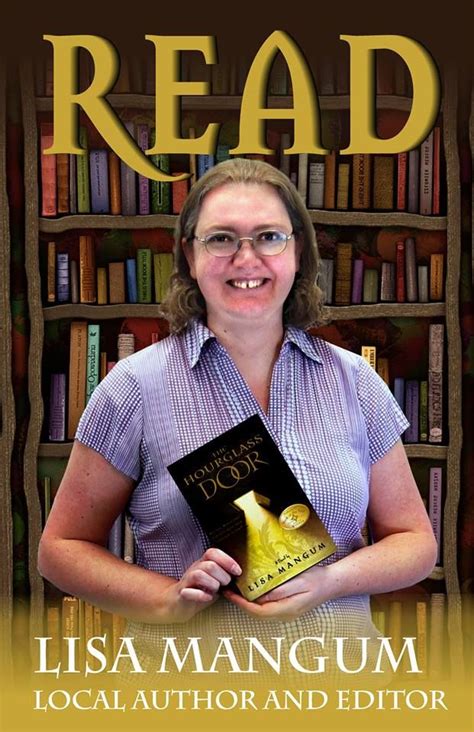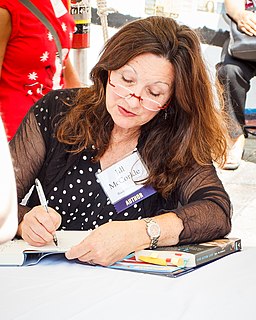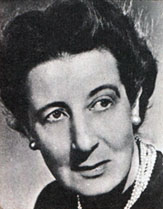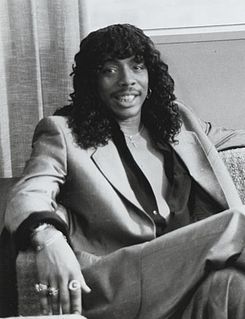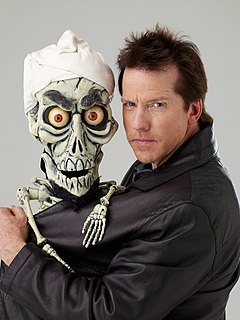A Quote by Haruki Murakami
It was as if I were writing letters to hold together the pieces of my crumbling life.
Related Quotes
I wrote a huge number of letters that spring: one a week to Naoko, several to Reiko, and several more to Midori. I wrote letters in the classroom, I wrote letters at my desk at home with Seagull in my lap, I wrote letters at empty tables during my breaks at the Italian restaurant. It was as if I were writing letters to hold together the pieces of my crumbling life.
I imagined Kandinsky's mind, spread out all over the world, and then gathered together. Everyone having only a piece of the puzzle. Only in a show like this could you see the complete picture, stack the pieces up, hold them to the light, see how it all fit together. It made me hopeful, like someday my life would make sense too, if I could just hold all the pieces together at the same time.
I feel very protective in the first draft, when all the pieces are coming together. I work in a way that is not linear or chronological at all, even with the short story. I will just be writing bits and pieces, and then when I have all the pieces on the table, that for me is when it feels like the real work begins.
[Henry Miller] was such a scribomaniac that even when he lived in the same house as Lawrence Durrell they often exchanged letters. For most of his life, Henry wrote literally dozens of letters a day to people he could have easily engaged in conversation - and did. The writing process, in short, was essential. As it is to all real writers, writing was life and breath to him. He put out words as a tree puts out leaves.
I realized how valuable the art and practice of writing letters are, and how important it is to remind people of what a treasure letters--handwritten letters--can be. In our throwaway era of quick phone calls, faxes, and email, it's all to easy never to find the time to write letters. That's a great pity--for historians and the rest of us.
Patti [ Scialfa] was an artist and a musician and she was a songwriter. And she was a lot like me in that she was transient also. She worked busking on the streets in New York. She waitressed. She had - she just lived a life - she lived a musician's life. She lived an artist's life. So we were both people who were very uncomfortable in a domestic setting, getting together and trying to build one and seeing if our particularly strange jigsaw puzzle pieces were going to fit together in a way that was going to create something different for the two of us. And it did.


